The Atlantic
A Spy in the Jungle
The call came one night while I was sitting in a parking lot in Cancún, trying not cry over the spare tire that had mysteriously gone missing from my rented baby blue Atos. The E-Z Rent-a-Car agent, a skinny teenager who seemed genuinely sorry, said the replacement would cost $200. I knew the magazine I was on assignment for could never afford such a fee, meaning I would barely break even on the story--yet again.
But just then my cell phone rang. It was a private-investigator friend from Mexico City calling about a "research" job in the jungle. I would have to go to Ecuador to work with a group that does espionage for Fortune 500 companies. Was I interested? "I'm sure you could use the money," he said, bluntly.
I arrived after dark at the hotel, located on a quiet street in a modern, glassed-in building. I hadn't heard from Sam, my Kroll contact, in days. But not knowing where or when I would meet him only heightened the intrigue. Who were these shadowy people and what was this job that couldn't be discussed over the phone?
I needn't have worried. As soon as I walked in, the receptionist slid a note over the front desk with a number for Sam. A bellboy who took me to my room to rest for a few minutes gave me a purple flower and offered me a glass of red wine. By then I was imagining Sam as the Hollywood amalgam of a spy--dashing, dangerous, rugged yet refined, as effortless in a board meeting as in a bar fight. But when the elevator doors opened into the lobby, the man I saw just looked like a guy from L.A. in a black shirt and jeans.
Which is more or less what Sam was. A formerly broke freelance writer, he had risen through the alternative-weekly ranks reporting on race and hip-hop. That night, we drank tequila, smoked cigarettes, and went salsa dancing, and Sam confessed that before moving to Kroll full-time, he had worked as a researcher for Larry Flint on a pre-election campaign to take down George W. Bush. "After that, I couldn't work in journalism anymore," he said. The thought didn't seem to pain him, I noticed. Sam was going gray, looked to be in his mid-40s, and carried himself with the ease that comes with professional achievement. He had obviously grown used to the comforts of Kroll's upper management. And the message seemed to be that these were comforts I could grow used to as well.
In Lago Agrio, Ecuador, he told me, one of the biggest environmental lawsuits in history is being fought out in a jungle court. A group of citizens represented by American trial attorneys and an NGO called the Amazon Defense Coalition are suing Texaco on the grounds that the company polluted routinely and wantonly during the 20-odd years it operated there.
In Crude, a documentary about the case that Sam played for me, footage shows residents living in shacks that surround sludge pools, bathing in filthy streams, and seeking relief at clinics for terrible skin rashes. While the documentary comes across as a pretty slanted and shoddy piece of filmmaking, it was impossible not to feel depressed watching it on my shiny MacBook Pro in the comfort of a ritzy hotel. According to Karen Hines, a representative for the plaintiffs, Texaco dumped 330 million gallons of oil--far more than the BP spill--around Lago Agrio, poisoning their water supply and sickening them with cancers and other diseases.
In Texaco's defense, however, Sam explained that it's not entirely obvious who should be responsible for the damage. Texaco built and operated the wells at the center of the dispute back in the early 1970s. But the state-run oil company, PetroEcuador, has owned a 62.5 percent share in the wells since 1977. For that reason, when it came to cleaning up the sludge, the government assigned just 133 of the 321 sites to Texaco; PetroEcuador took responsibility for rest. Texaco spent $40 million in its cleanup efforts, and when the work was done, analysts from a Quito university came to collect oil and water samples. By 1998, all of Texaco's sites had been approved, and the Ecuadorian government signed a full release.
Until fairly recently, it seemed that Chevron would prevail. But starting in 2006, a series of dramatic changes took place. First Rafael Correa, the leftist economist, won the presidency. (He has reportedly called the pollution "a crime against humanity," and in an interview with Democracy Now! Said, " Our oil company [PetroEcuador] has also done a lot of damage in the rainforest, but it is very clear that the problem comes from the Chevron-Texaco period.") Months later, William Langewiesche wrote a sympathetic profile of the lead local plaintiffs' attorney for Vanity Fair. Before you could say "cause célèbre," photos of Daryl Hannah with Lago Agrio oil dripping from a splayed hand were circulating everywhere.
The case truly began slipping away from Chevron when the Ecuadorian court assigned a single independent expert to assess the environmental damages. The expert settled on a $27.3 billion figure that Chevron alone would be held responsible for covering. A judgment could come as early as the first quarter of 2011, and at this stage, many believe Chevron will lose.
With one Google search, anyone could see that I was, in fact, a journalist. If I went to Lago Agrio as myself and pretended to write a story, no one would suspect that the starry-eyed young American poking around was actually shilling for Chevron.
My assigment, should I choose to accept it, involved a health study that took place around 2007, when a Spanish human-rights activist named Carlos Beristain went to Lago Agrio. After interviewing 1,000 residents, Beristain concluded that the community suffered abnormally high cancer rates, and his study became a key part of the court-appointed expert's report. But Chevron thought something was fishy: Beristain had failed to disclose the names of all his assistants or of the people interviewed. To Chevron, the names were key to proving that the interviews were real, not merely the concoction of a hotshot activist trying to make complex issues simple--and, perhaps, enhance his own fame. But the court refused to compel the release of the names, strengthening Chevron's suspicions that the survey had been rigged. Was it possible that the plaintiffs had colluded with Beristain to handpick the interviewees? Kroll wanted me to find out.
Part of me wanted to say yes. I was thrilled by the idea of a six-week paid adventure in the jungle, and I was curious about the case. Had the health study been fixed? Were the plaintiffs colluding with Beristain? Was Chevron desperate and paranoid, merely trying to smear its opponents? Despite my curiosity, I knew I had to say no. If I'm ever going to answer those questions, it will have to be in my role as a journalist, not as a corporate spy.

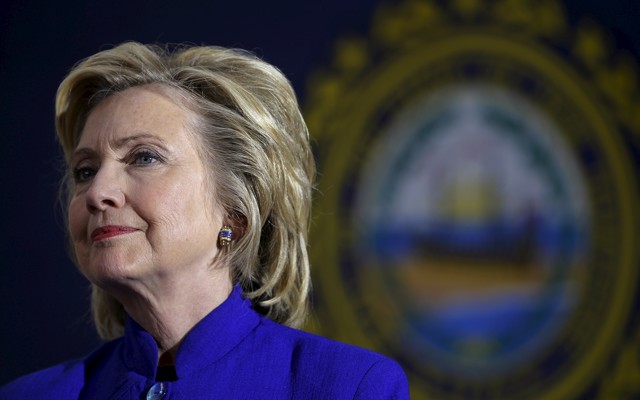

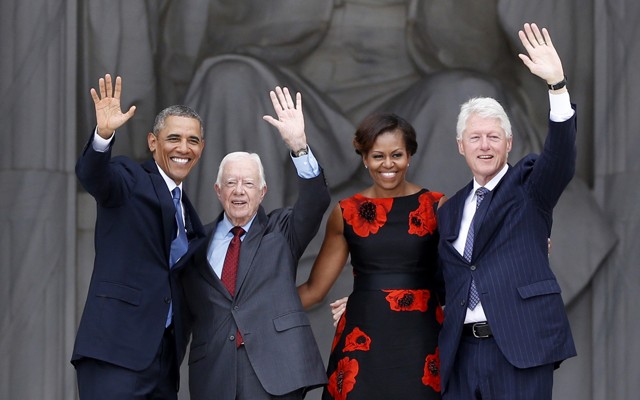
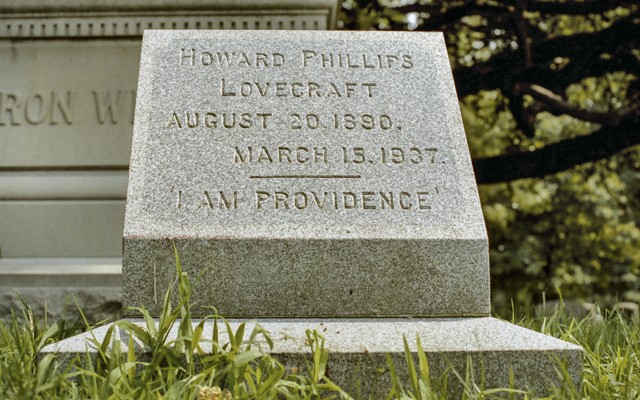
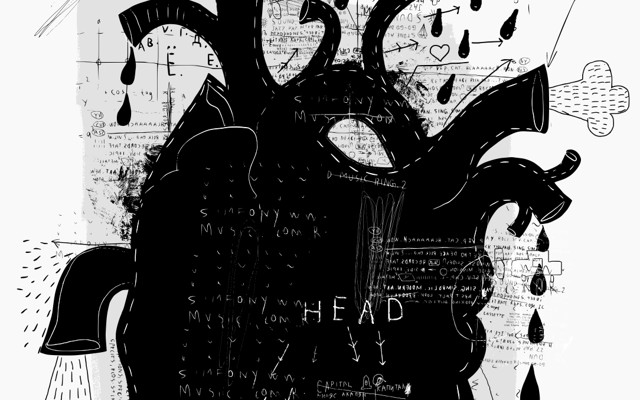
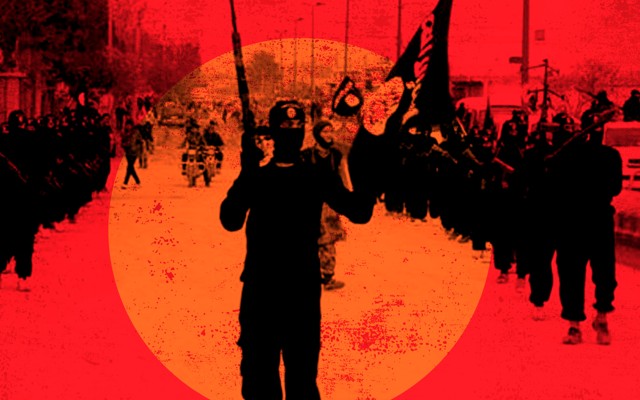
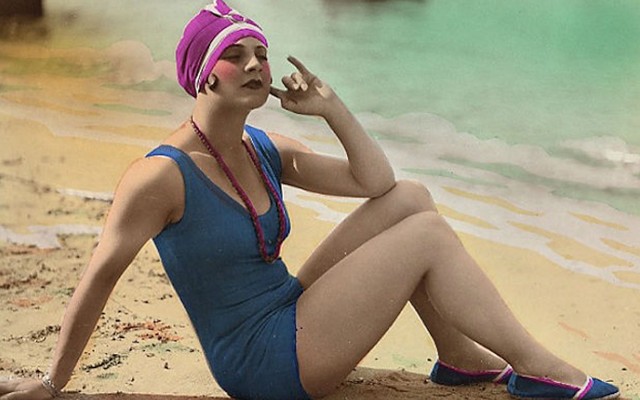
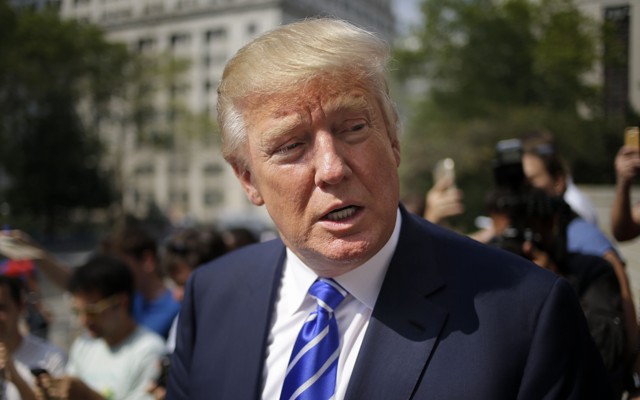
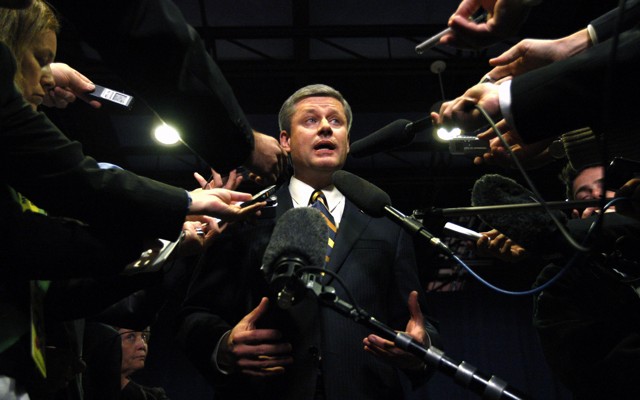
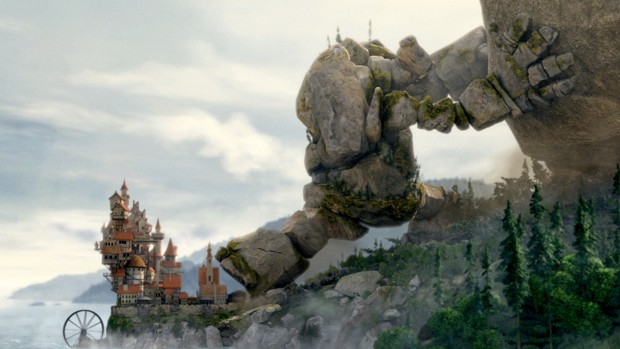
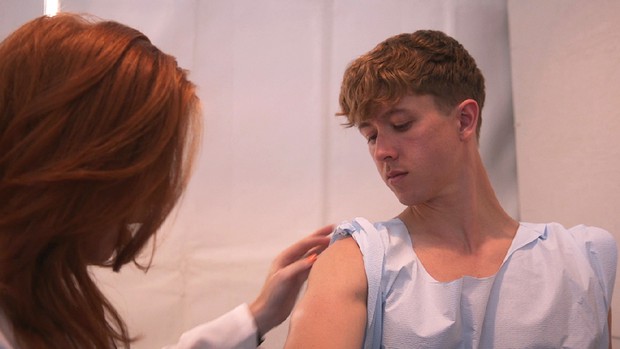
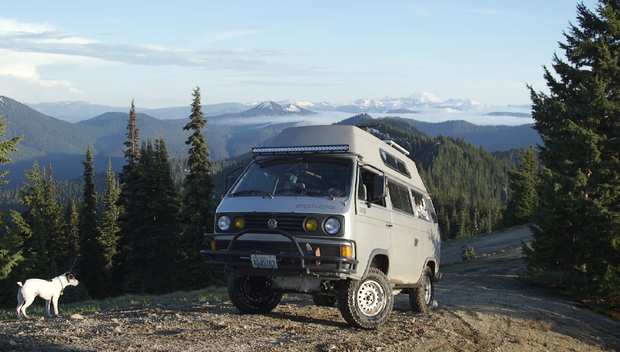
No comments:
Post a Comment